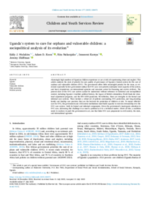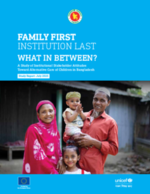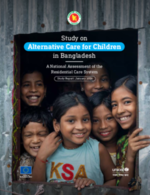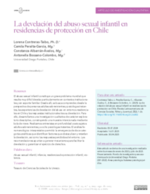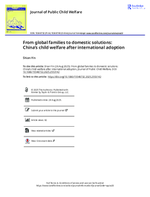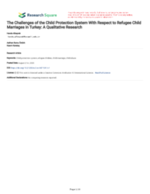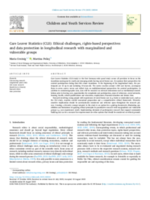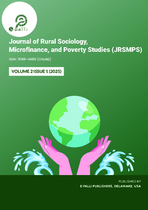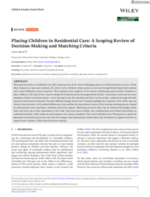Uganda’s system to care for orphans and vulnerable children: a sociopolitical analysis of its evolution
Alarmingly high numbers of Ugandan children experience or are at risk of experiencing abuse and neglect. This article analyzes the state of priority for and quality of governance of Uganda’s formal system for the care of orphans and vulnerable children (OVC).

